Hereditary Risk Tests
Overview
Everyone has some risk of developing cancer, and in most cases the disease develops by chance. However, some people are genetically predisposed to developing certain types of cancer. These people have a higher risk of developing the disease than those in the general public. In a small percentage of people with cancer, the disease is due to a different type of mutation called a hereditary mutation, or germline mutation.
These mutations, such as BRCA1, BRCA2, MLH1, MSH2, MSH6, PMS2 or EPCAM, among others, are usually inherited from one or both of the person’s parents, and are present in nearly every cell of the body. Because hereditary mutations are present in the DNA of sperm and egg cells, they can be passed down in families.
Accumulated Risk throughout Life
Breast Cancer accumulated Risk throughout Life
The Breast Cancer Accumulated Risk throughout Life increases from a 12% for general population to a 46-87% when BRCA1 mutation occurs and up to 38-84% when BRCA2 mutation occurs.
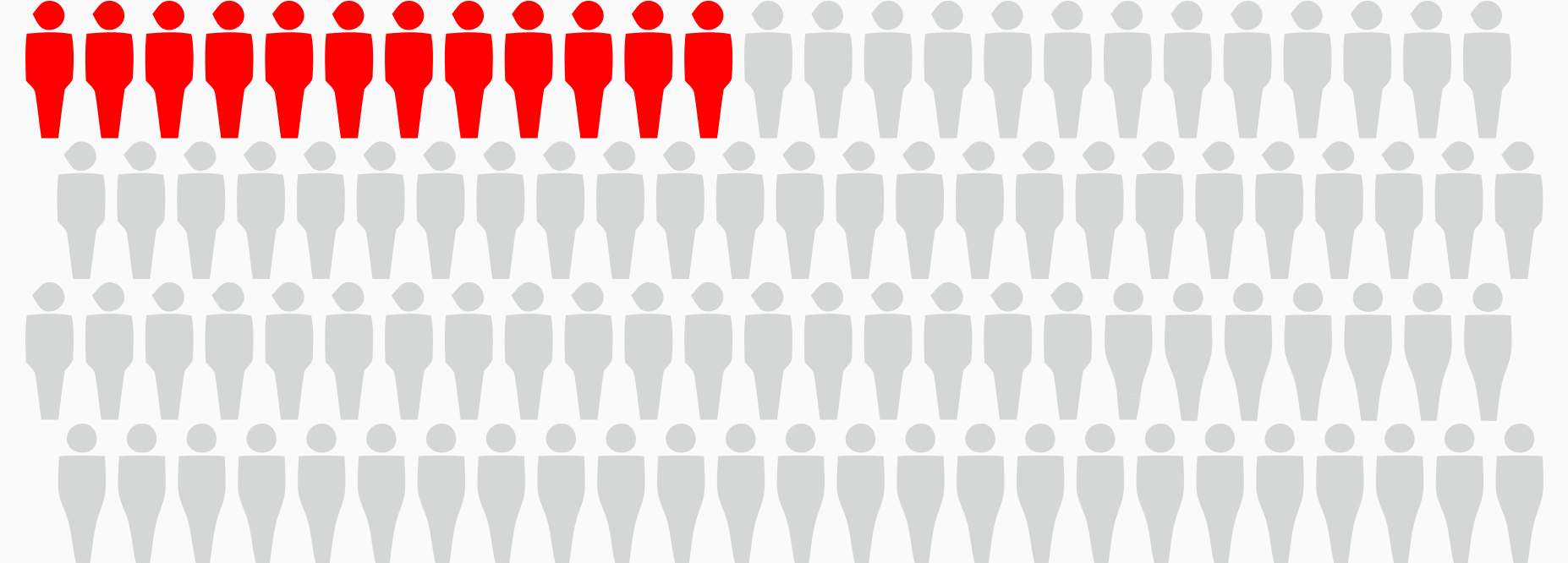
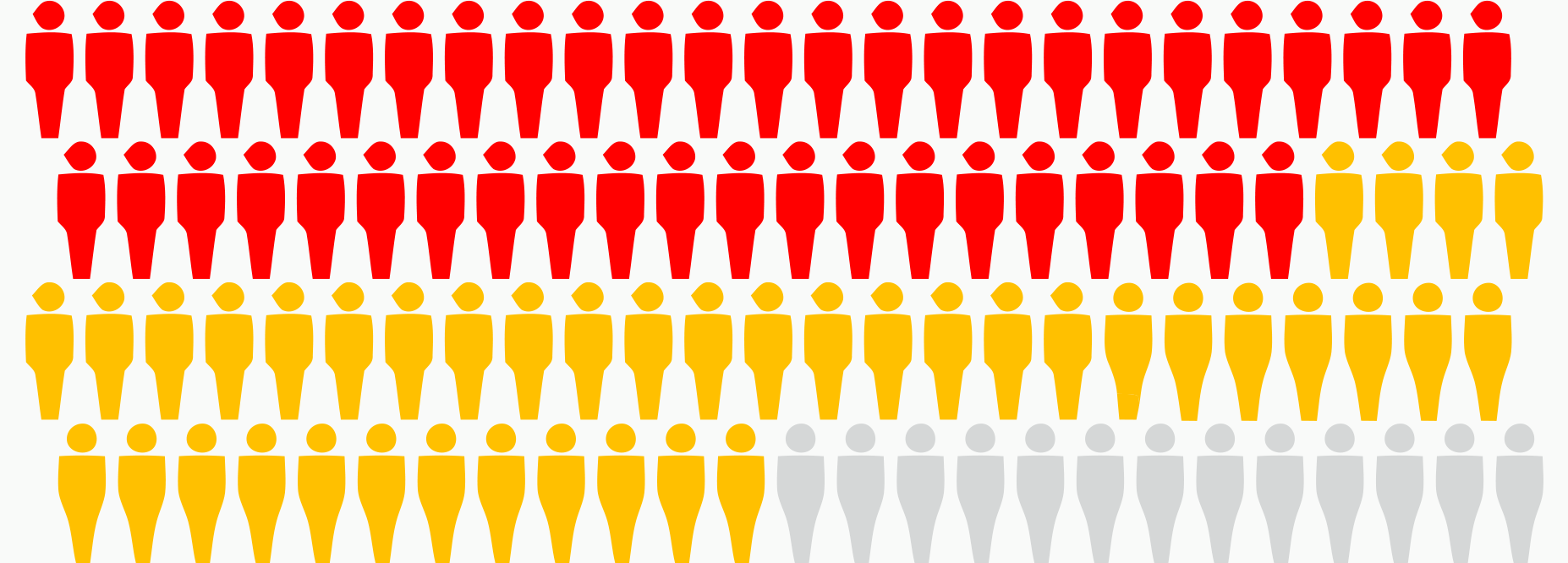
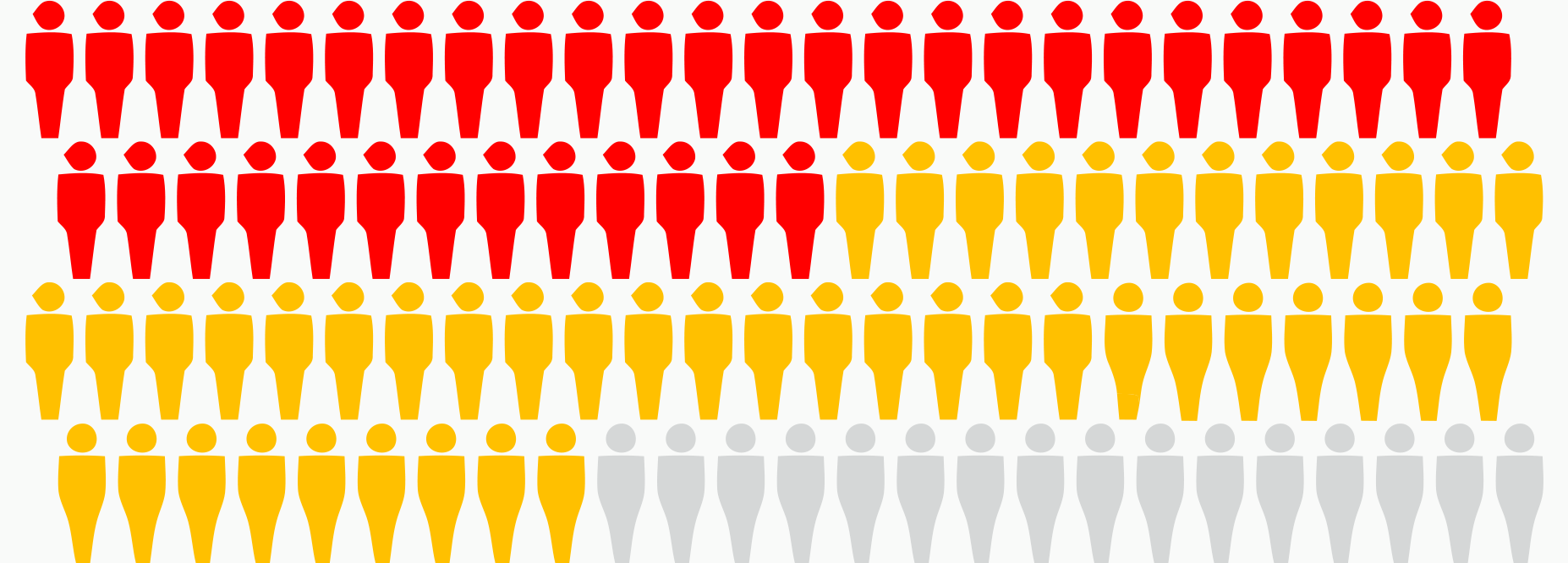
Ovarian Cancer accumulated Risk throughout Life
The Ovarian Cancer Accumulated Risk throughout Life increases from a 1-2% for general population to a 39-63% when BRCA1 mutation occurs and up to 16-27% when BRCA2 mutation occurs.
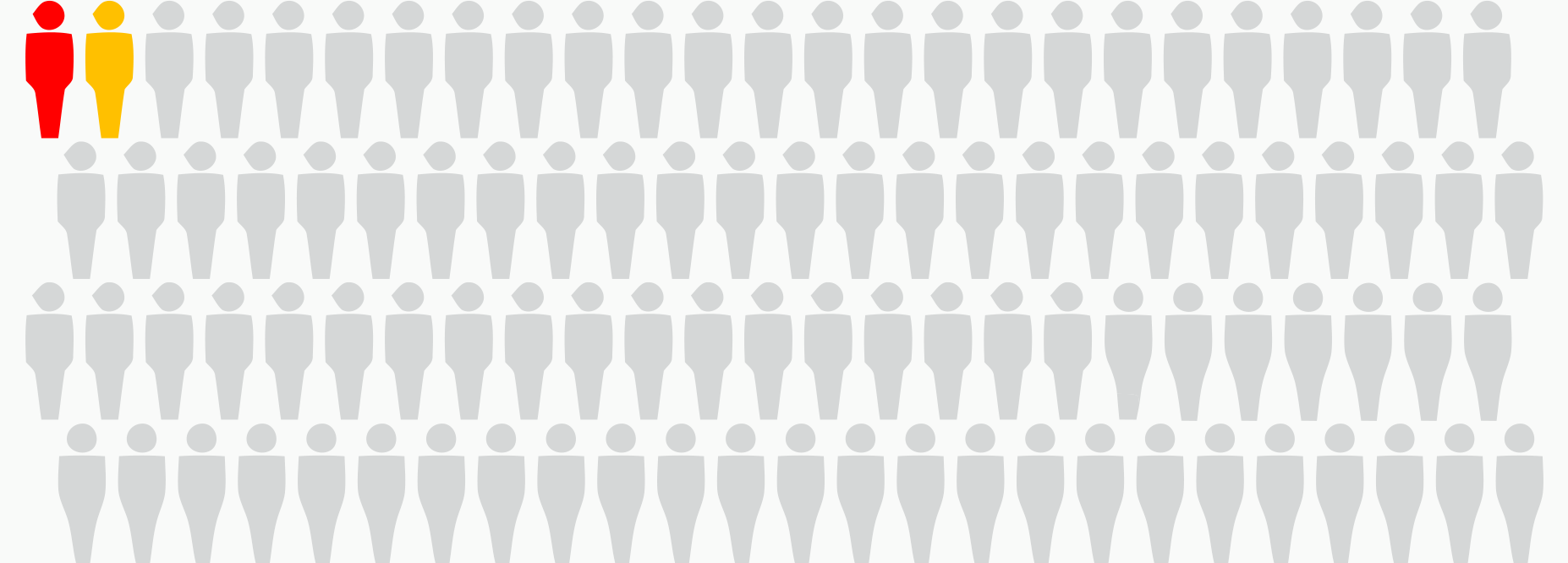
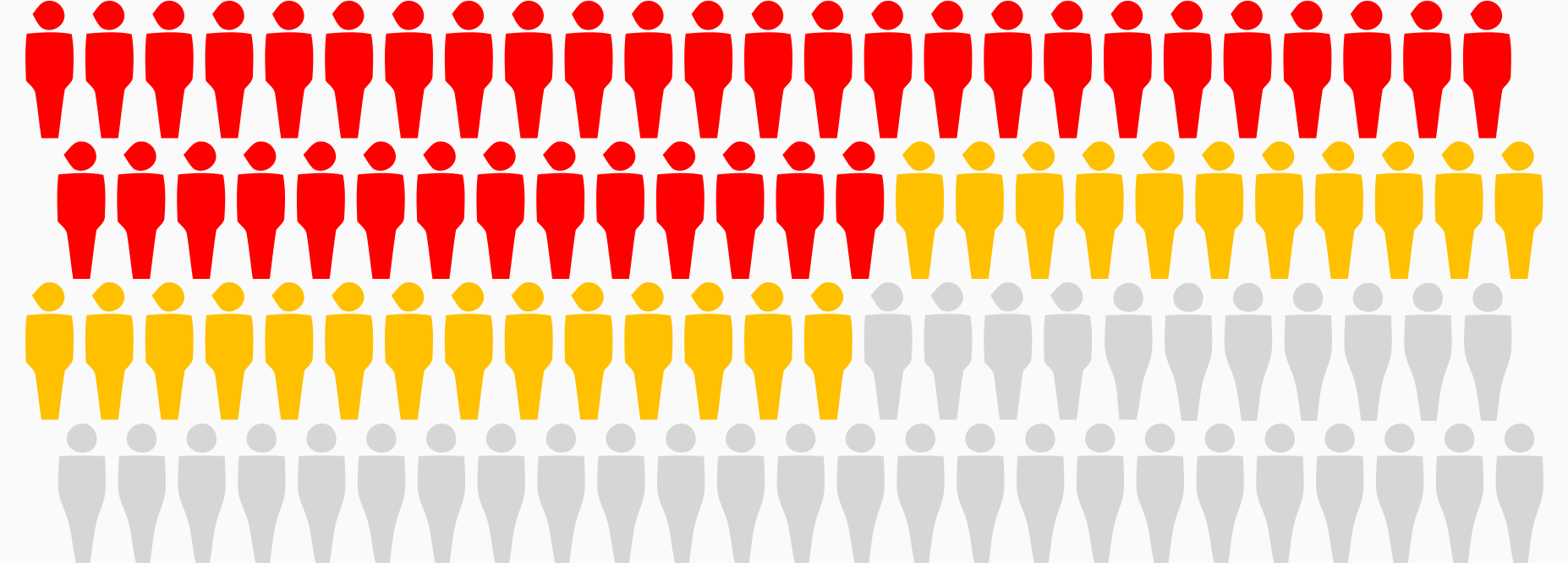
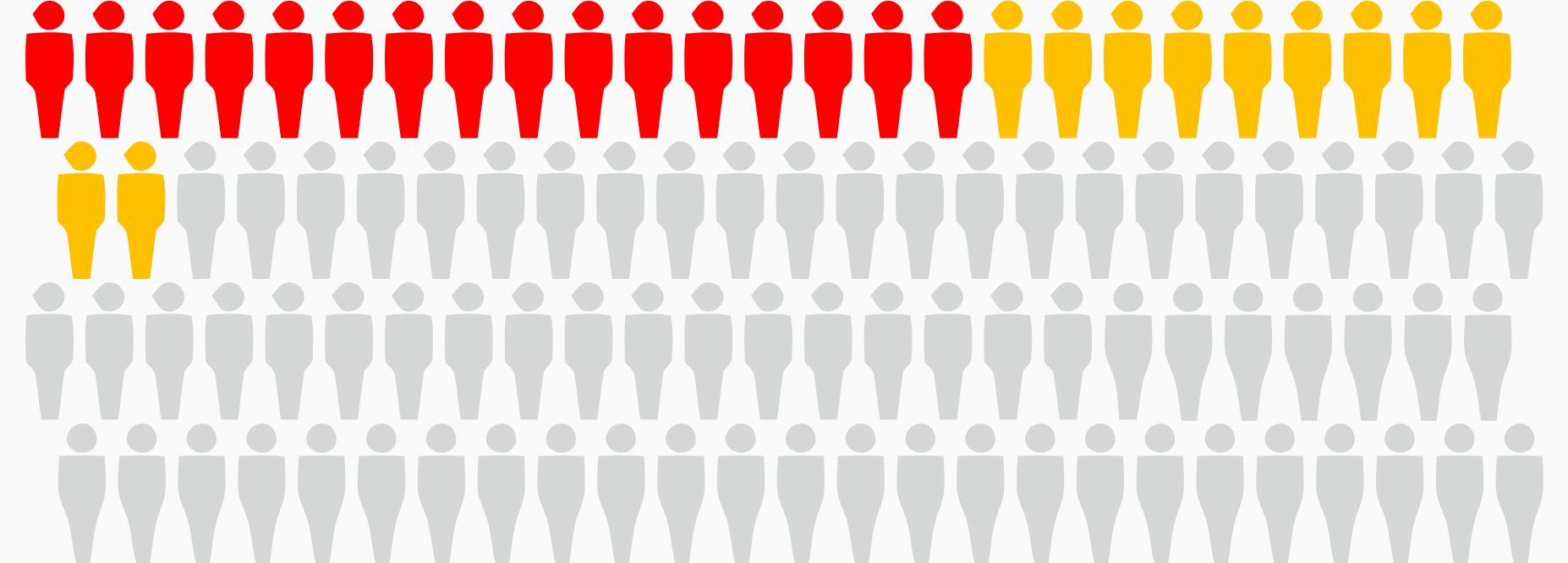
Colorectal Cancer accumulated Risk throughout Life
The Colorectal Cancer Accumulated Risk throughout Life increases from a 2% for general population to a 52-82% when MLH1 or MSH2 mutations occurs.

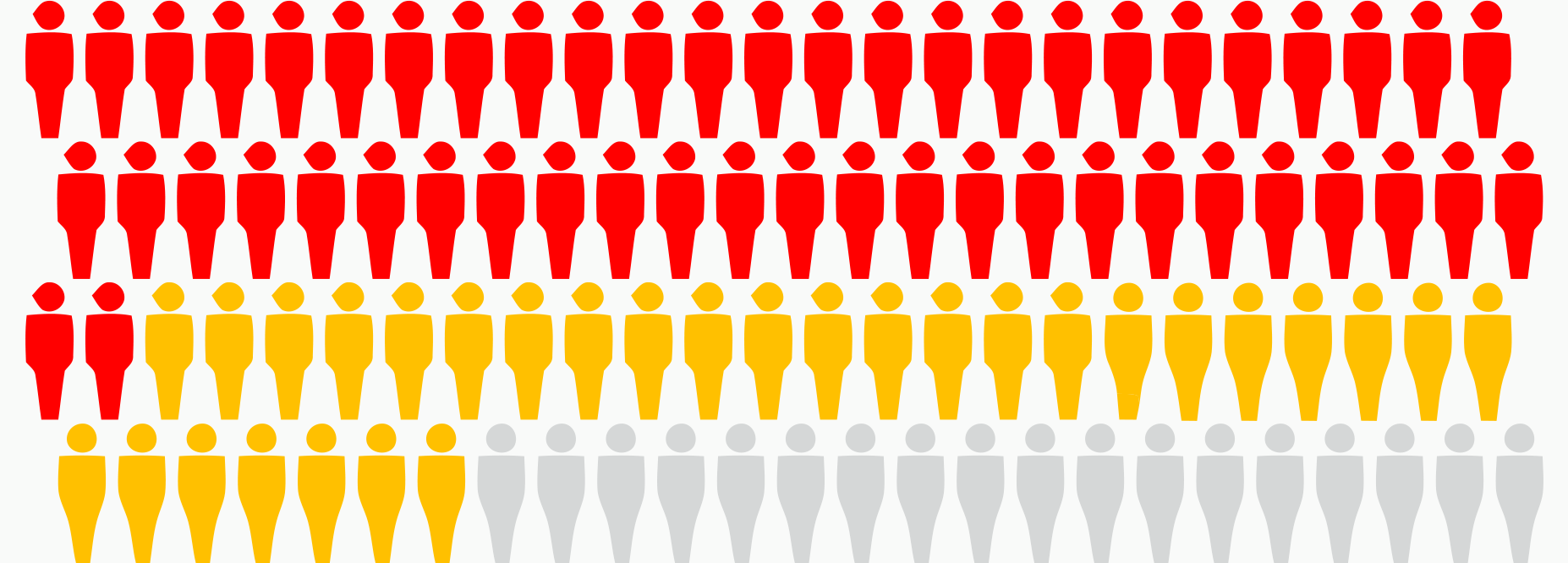
The Colorectal Cancer Accumulated Risk throughout Life increases from a 2% for general population to a 22-69% when MSH6 mutation occurs.

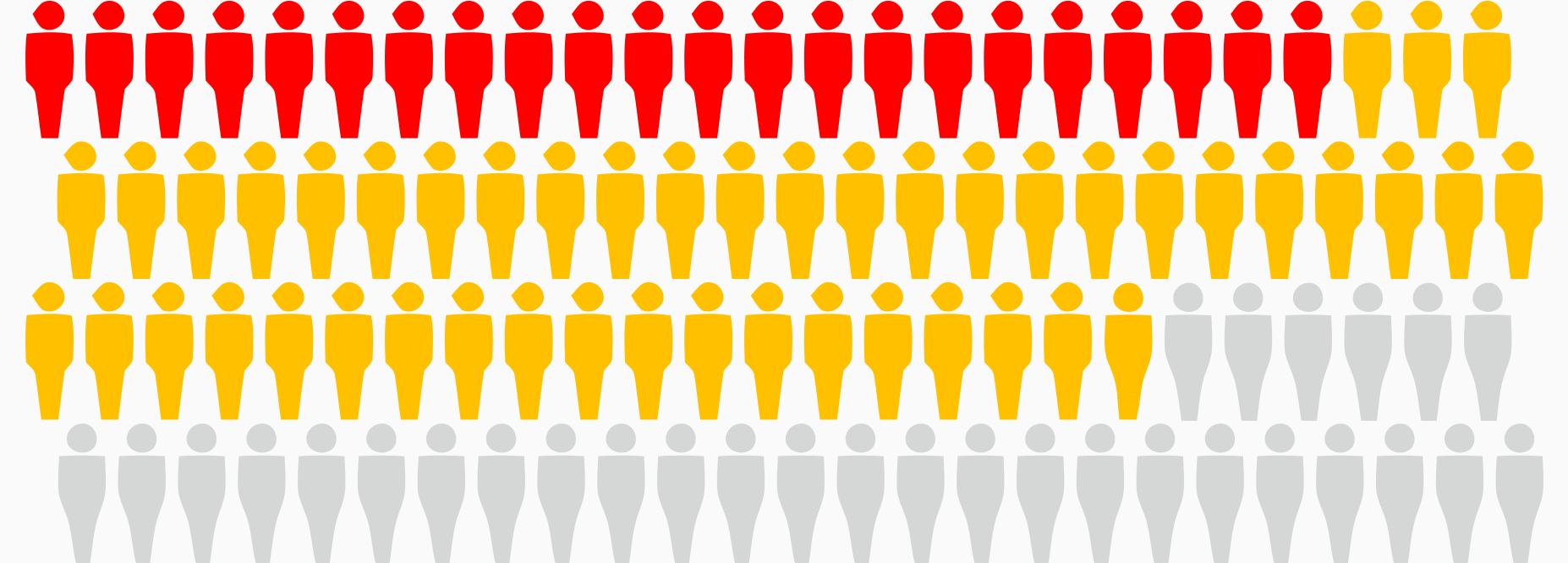
The Colorectal Cancer Accumulated Risk throughout Life increases from a 2% for general population to a 20% when PMS2 mutation occurs.

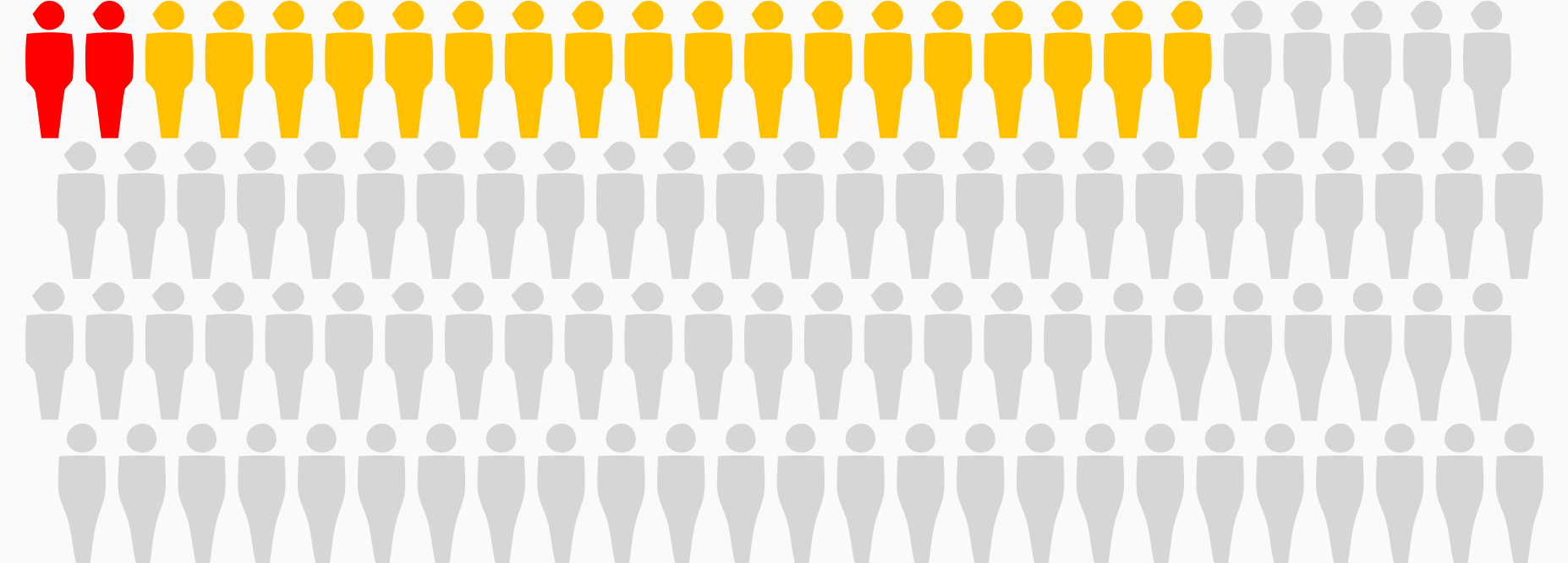
The Colorectal Cancer Accumulated Risk throughout Life increases from a 2% for general population to a 52-82% when EPCAM mutation occurs.

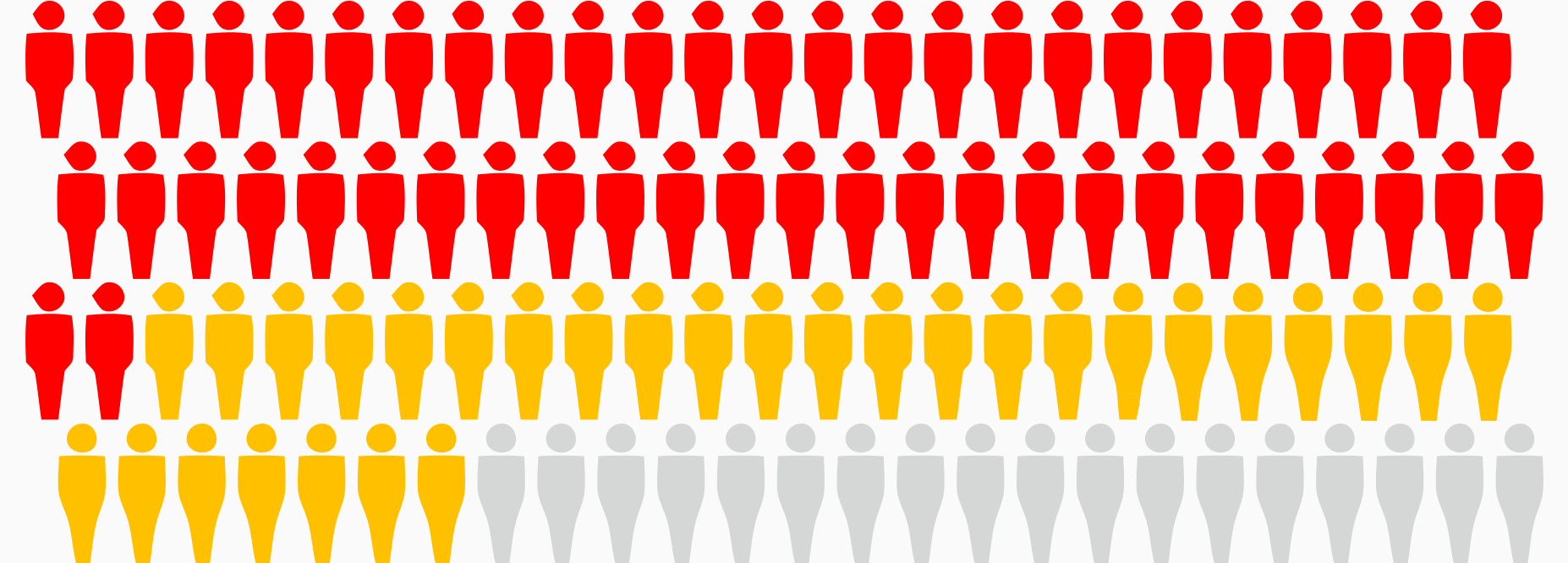
Gene Sequencing
Thanks to the advent of next-generation sequencing (NGS) technology, the clinical approach to genetic testing across medical oncology area was revolutionized: Instead of single gene testing, interrogating a panel of multiple genes provides clinicians with more accurate information in less time.
What are gene panels?
Gene panels are essentially tests based on Next Generation Sequen-cing (NGS), which can test multiple genes simultaneously. The comprehensive multi-gene panel testing bring great advantages compared with targeted testing (Sanger sequencing) for single known familial mutations due to the lack of sensitivity provided by targeted gene sequencing of these particular known mutations.
There are two main types of panel:
- Tumour (organ) or syndrome-specific, such as a Colorectal Cancer panel or the hereditary Breast/Ovarian panel.
- Pan-cancer panels that include all of the known hereditary predisposition genes. These include many more genes than the tumour (or syndrome-specific) panels.
We can generally distinguish three types of gene on panels:
- Established hereditary cancer genes known to cause specific cancer types, such as APC gene for Colorectal Cancer, BRCA1 and BRCA2 genes for hereditary Breast/Ovarian Cancer, as well as VHL gene for Von Hippel-Lindau Renal Cancers.
- Genes more recently identified as having strong evidence for being cancer predisposition genes, such as RAD51C gene for hereditary Breast/Ovarian Cancer, or GREM1 gene for Colorectal Cancer.
- Genes with lesser evidence where the risk for specific cancers is unclear.
Hereditary Risk Tests
BIOPROGNOS offers several non-invasive tests for hereditary risk.
In this way, the different tests differ in the genes that each one includes: Established hereditary cancer genes known to cause specific cancer types; Genes more recently identified as having strong evidence for being cancer predisposition genes; and genes with lesser evidence where the risk for specific cancers is unclear, but that also allow to perform a deeper studio.
On the following pages you will find more information about our different tests:

